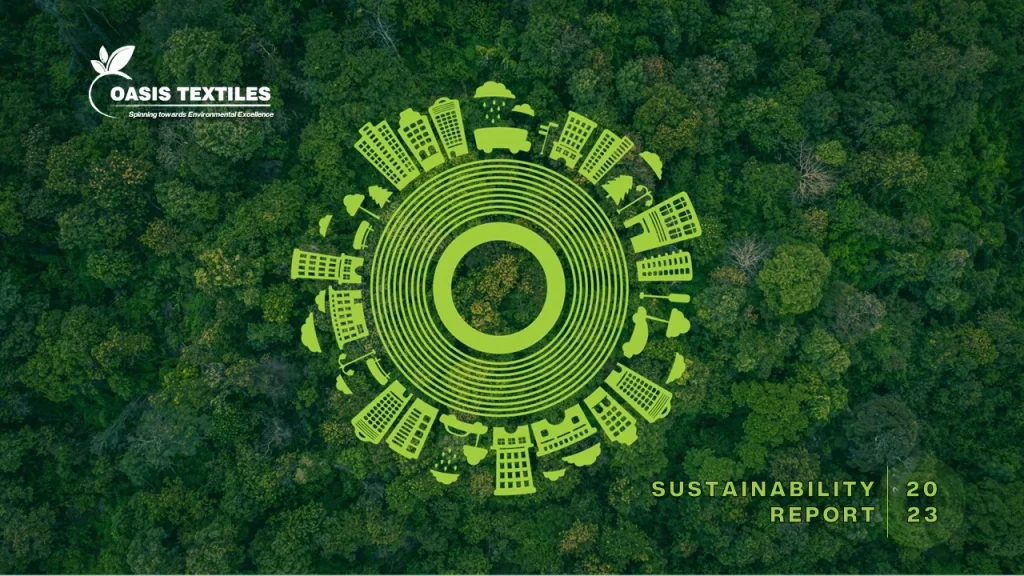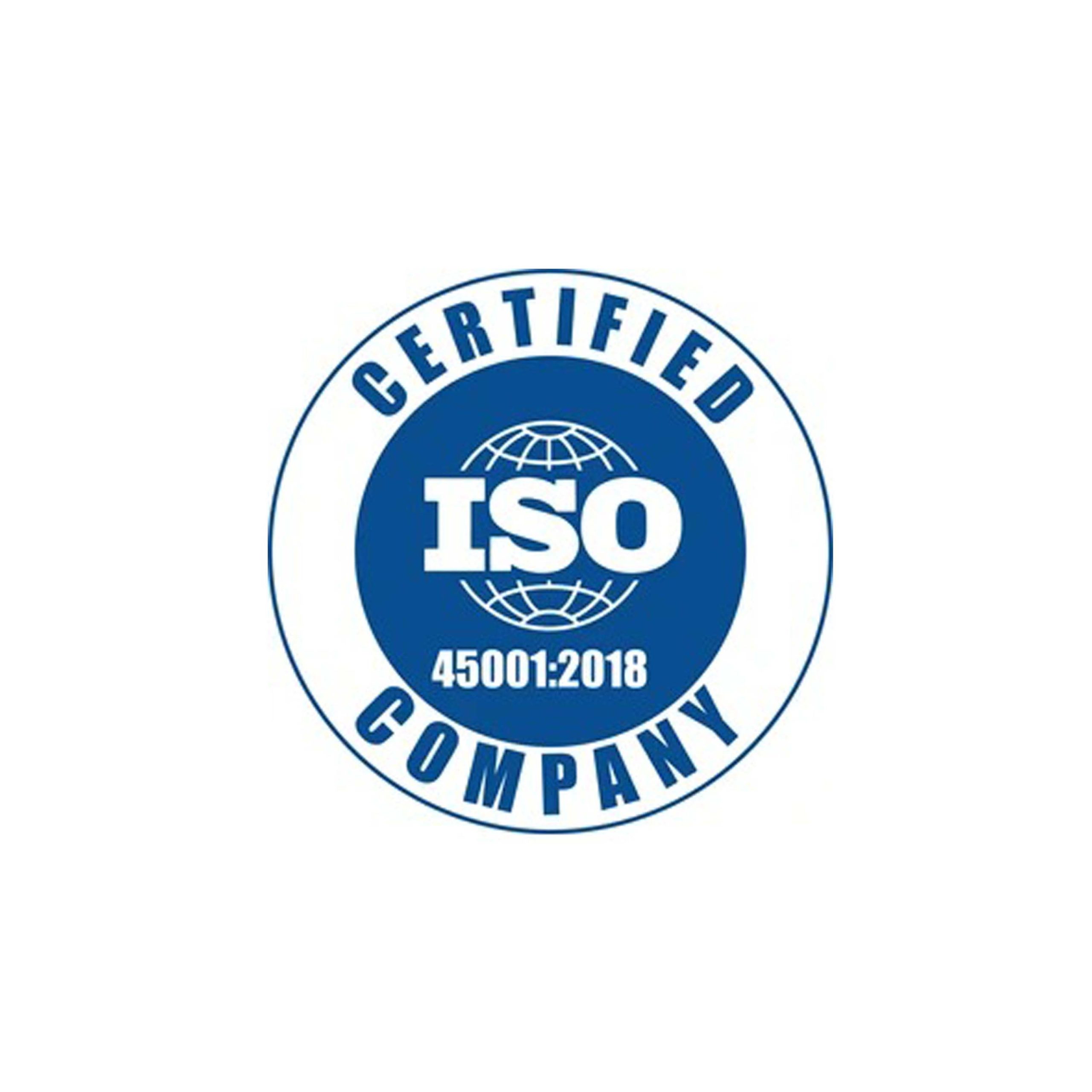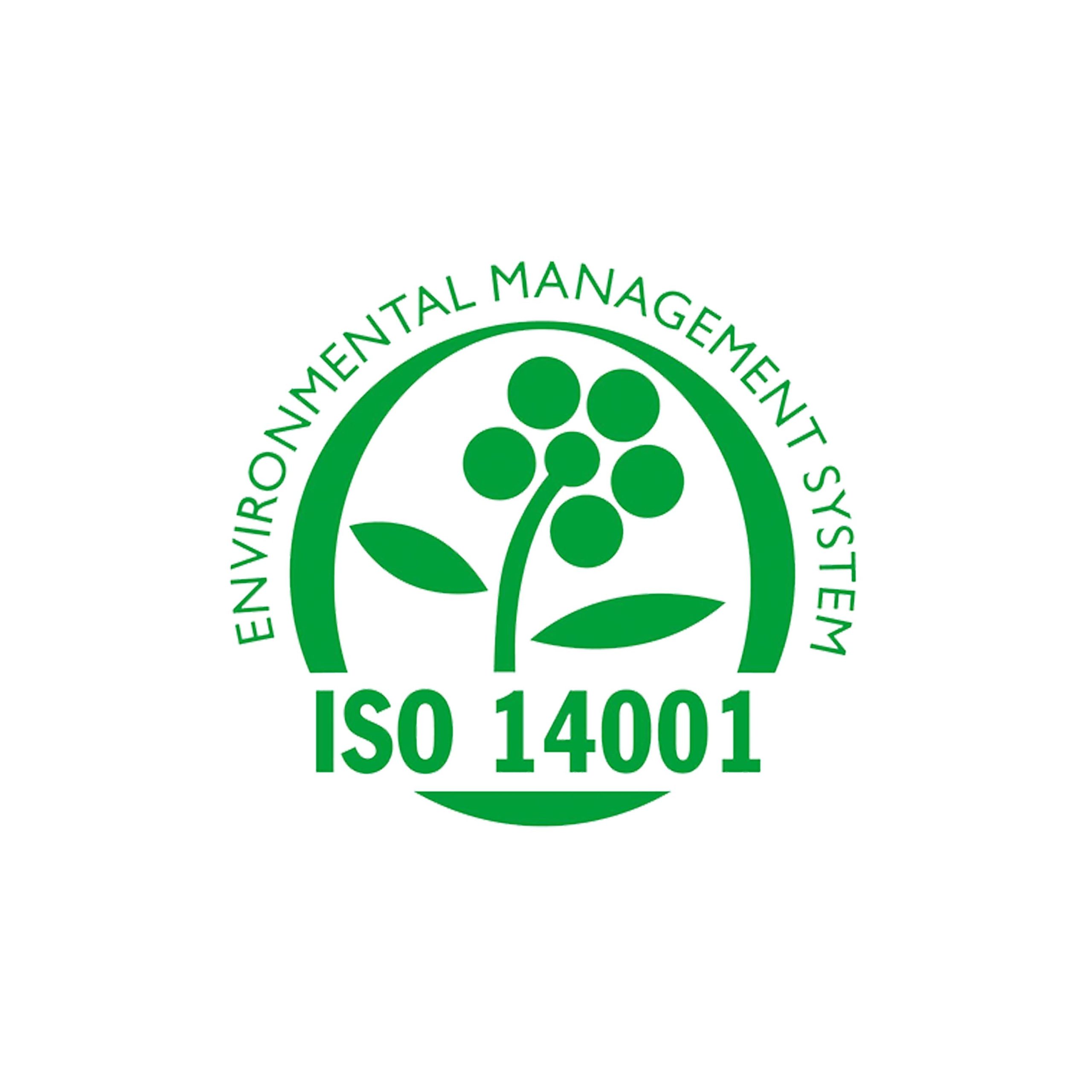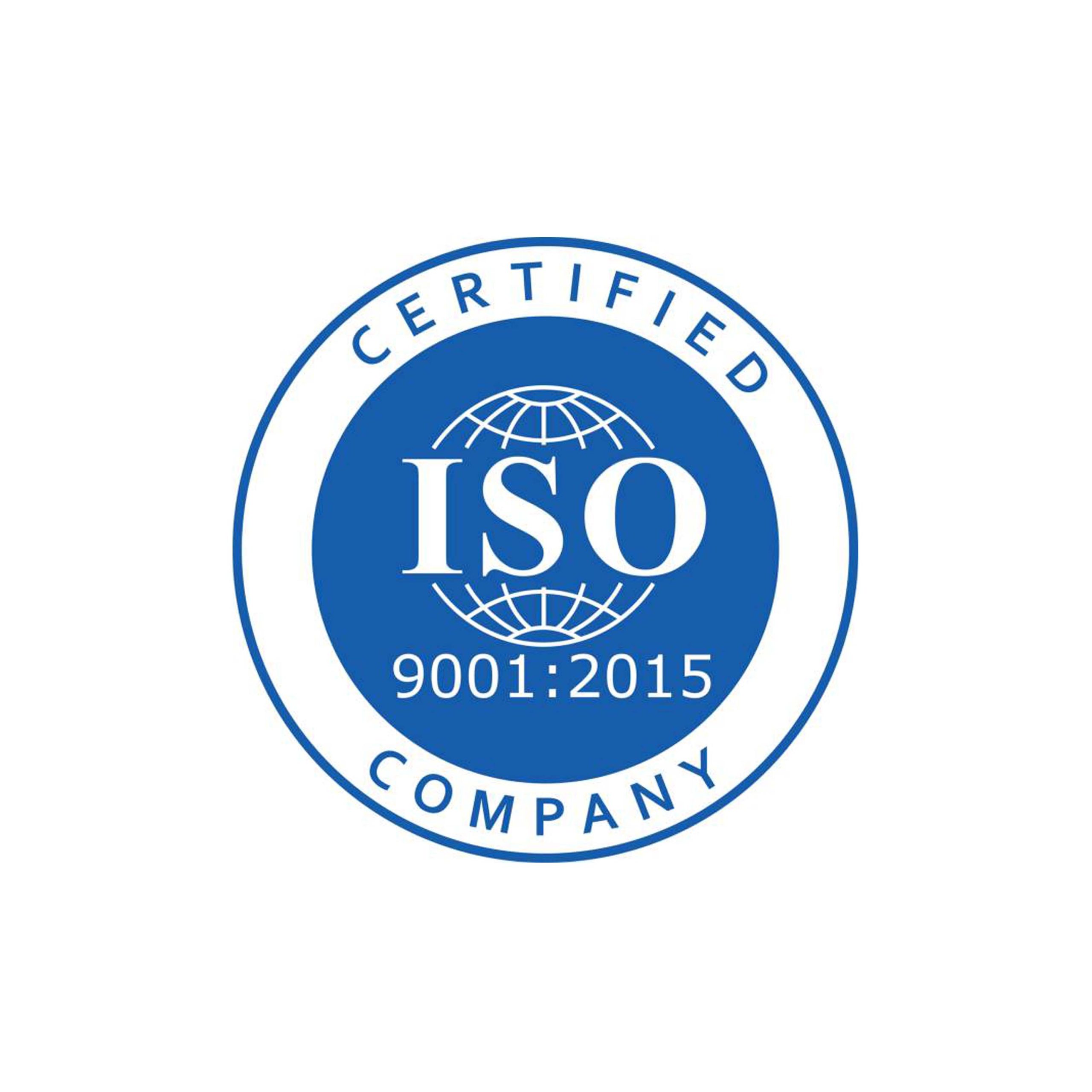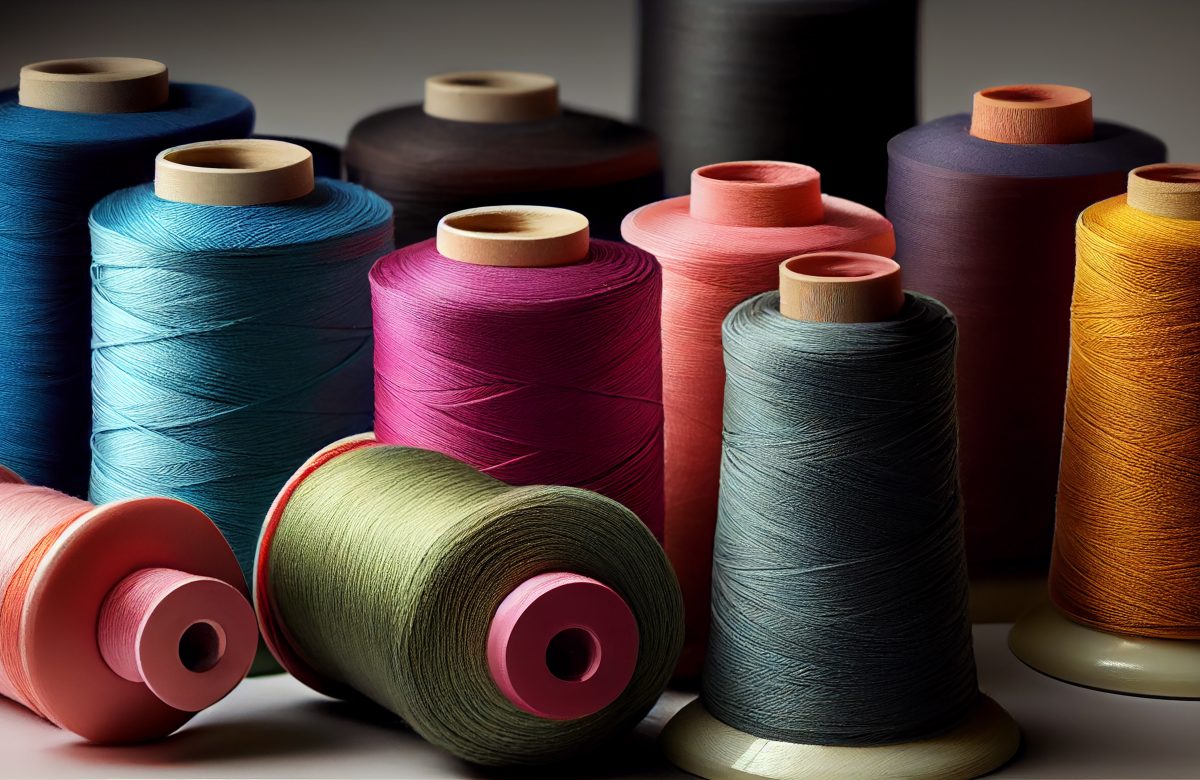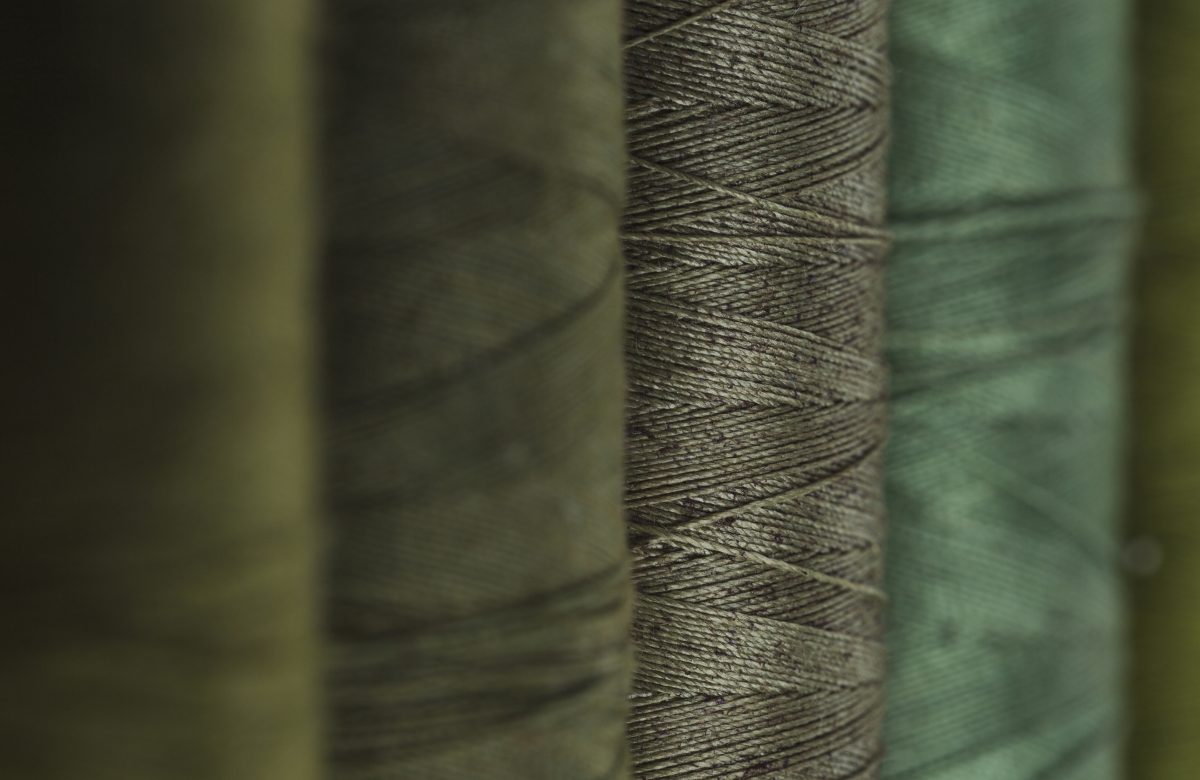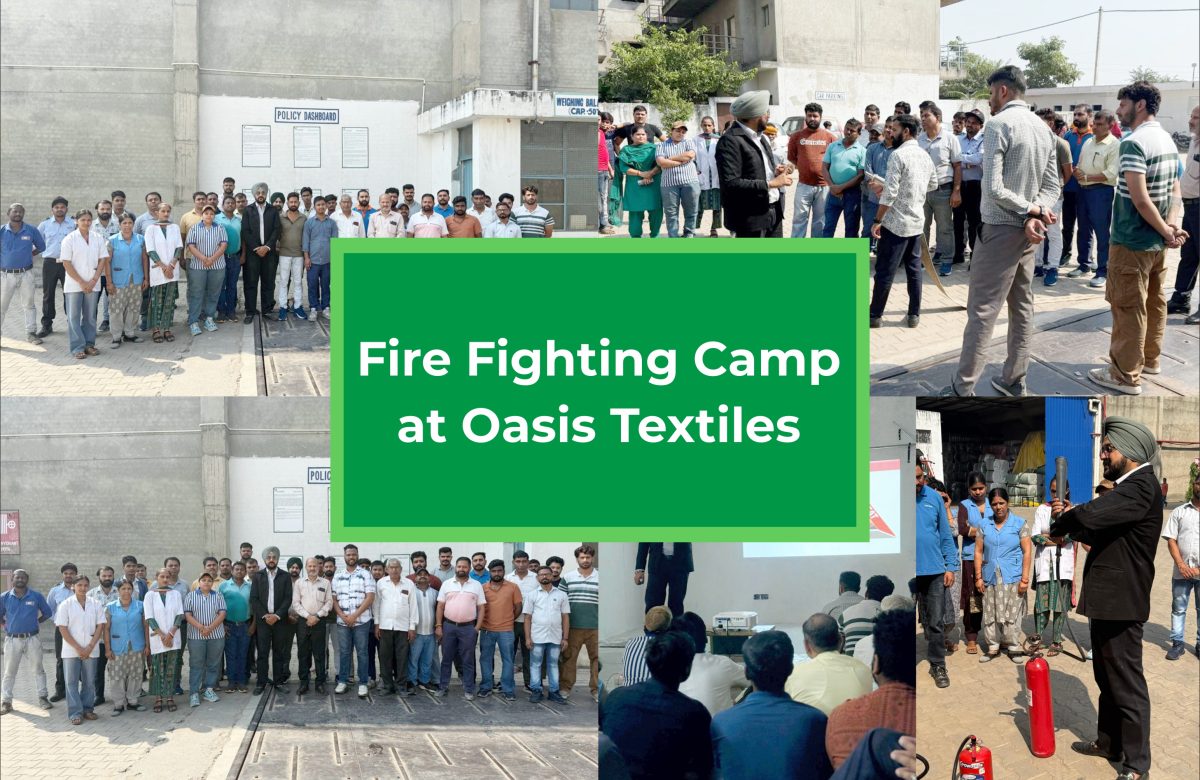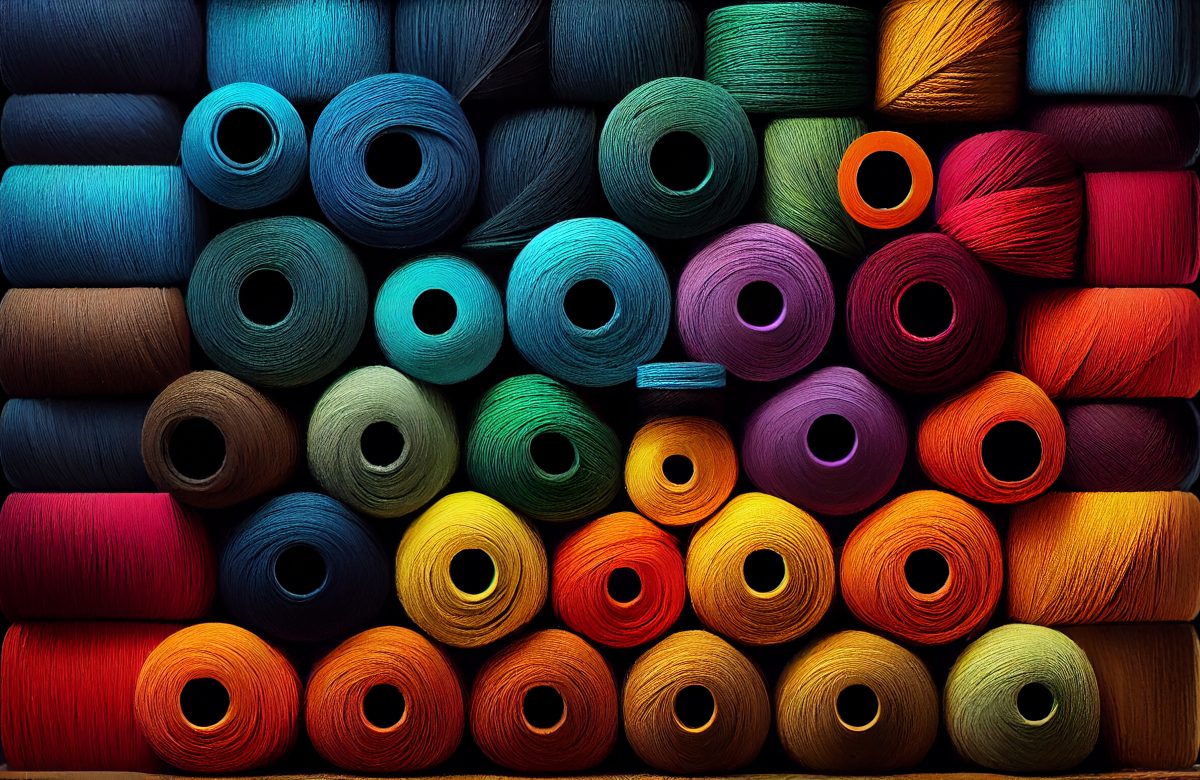

- Yarn Manufacturers
Spinning the
Sustainability Story
Our Vision
Our vision is to manufacture premium quality yarns in solid colours to cater to the needs of our fashion industry clients around the world. Our idea is to bring sustainability in the textile industry by using the waste produced by clothing manufacturers to produce quality recycled yarns for them. Recycling the waste and matching the ultimate quality standards will always be our motto and we will be living by it till our existence.
Our Mission
Oasis textiles believes in giving back to the environment, hence we are always looking for ways to become as environment friendly as possible. Our hard work and dedication towards producing sustainable fashion has earned us the GRS certification that speaks volumes about our recyclability efforts. Living up to the standards, we do everything to reduce the harmful impacts of yarn production on the environment without compromising the quality in anyway.
Our Values
At Oasis Textiles, our core values are sustainability, innovation, and quality. We turn textile waste into premium recycled yarns, supporting a circular economy. Committed to global standards like GRS, we ensure transparency and eco-responsibility. With a focus on continuous improvement and customer trust, we deliver sustainable solutions for a greener future.
Our Vision
Transforming textile waste into premium recycled yarns for a sustainable future.
Our Mission
Driving sustainable fashion through innovation, responsibility, and global standards.
Our Values
Committed to sustainability, transparency, and continuous improvement.

Our
Recycled Yarns
Sustainable Innovation
in Every Thread
Knitting Yarn
Melange Yarn
Weaving Yarn
OASIS
Circularity Program
Material Impact
Measured Steps Toward a Greener Future

Committed to SBTi Near Term Target
Target year for
emission reduction
Oasis Textiles commits to reduce scope 1 and scope 2 GHG emissions 42% by 2030 from a 2023 base year, and to measure and reduce its scope 3 emissions.


Material Benchmark

2025 SCORE
Know more about us & Sustainability
Book a Free
sample
Your first step toward sustainable textiles starts with a free sample
Oasis Textiles is committed to creating high-quality, eco-friendly yarns by embracing innovation, circularity, and responsible production practices
HEAD OFFICE
Discover Oasis
Products
HEAD OFFICE
Works and Head Office
Vill. Nimbua, Derabassi, Dist, Mohali, Punjab 140 507
info@oasistextiles.com
International Enquiries
export@oasistextiles.com
Phone
+91-93186-19785, +91-98140-05062
HEAD OFFICE
Ludhiana Sales Office
Oasis Textiles (Godown) Plot No. 103, Sherpur, GT Road Ludhiana 141008– Punjab
Email: salesldh@oasistextiles.com
Tirupur Sales Office
Oasis Textiles ( Sales Godown), 7A Murungapalayam South Street, Tirupur ( Tamil Nadu ) 641602
Email: salestrp@oasistextiles.com
PRODUCTS
© 2024 CrowdyTheme Agency

